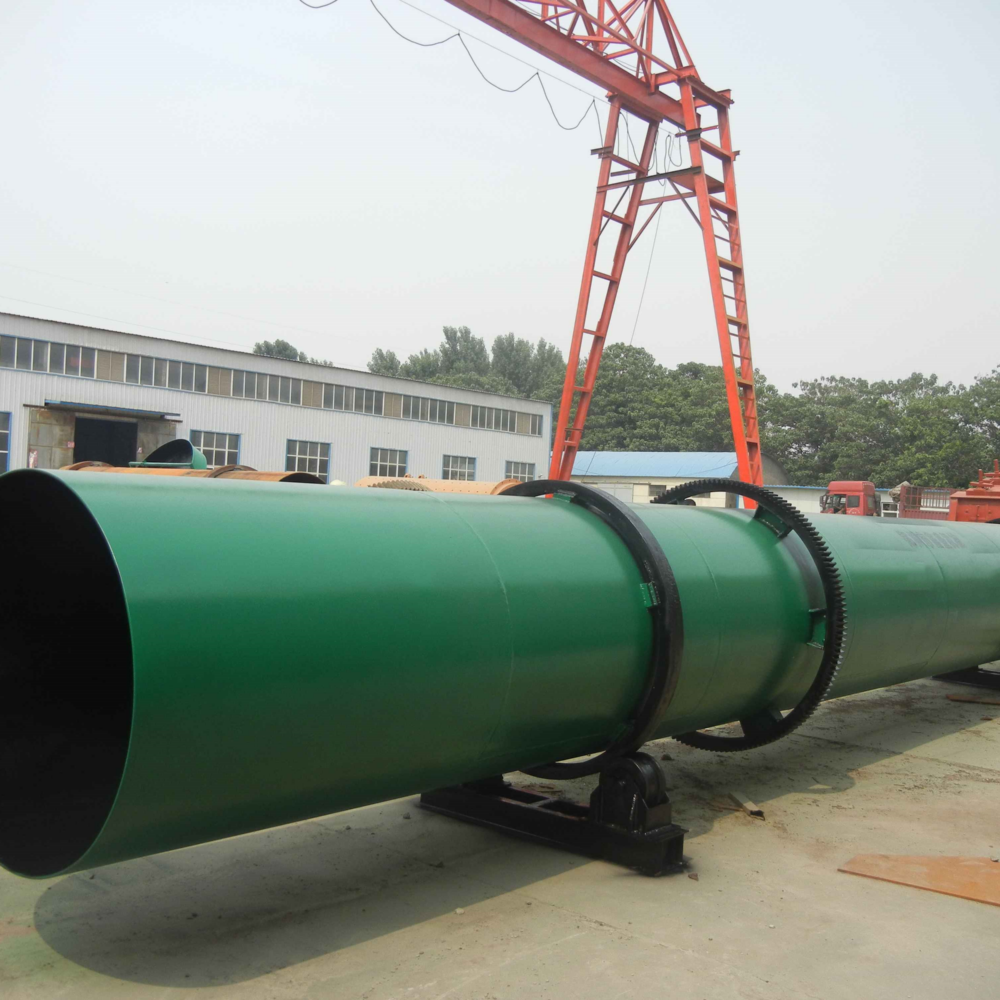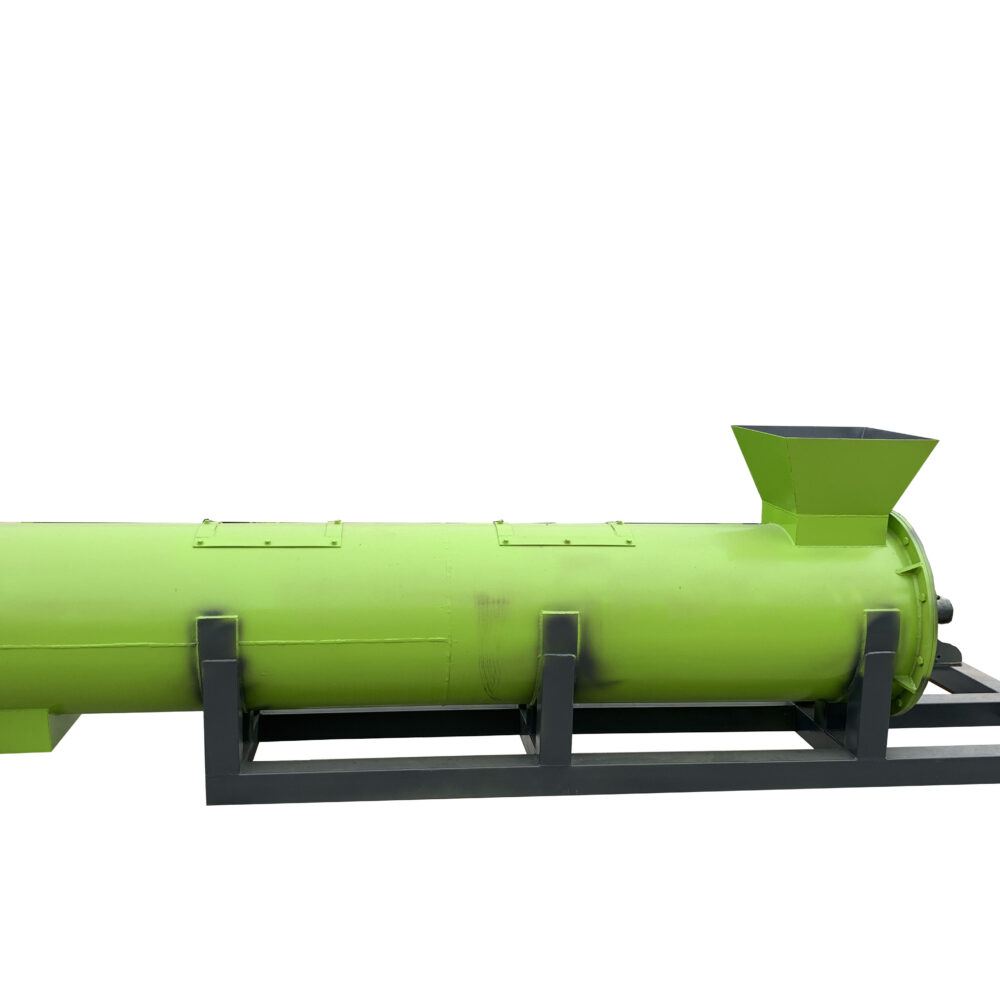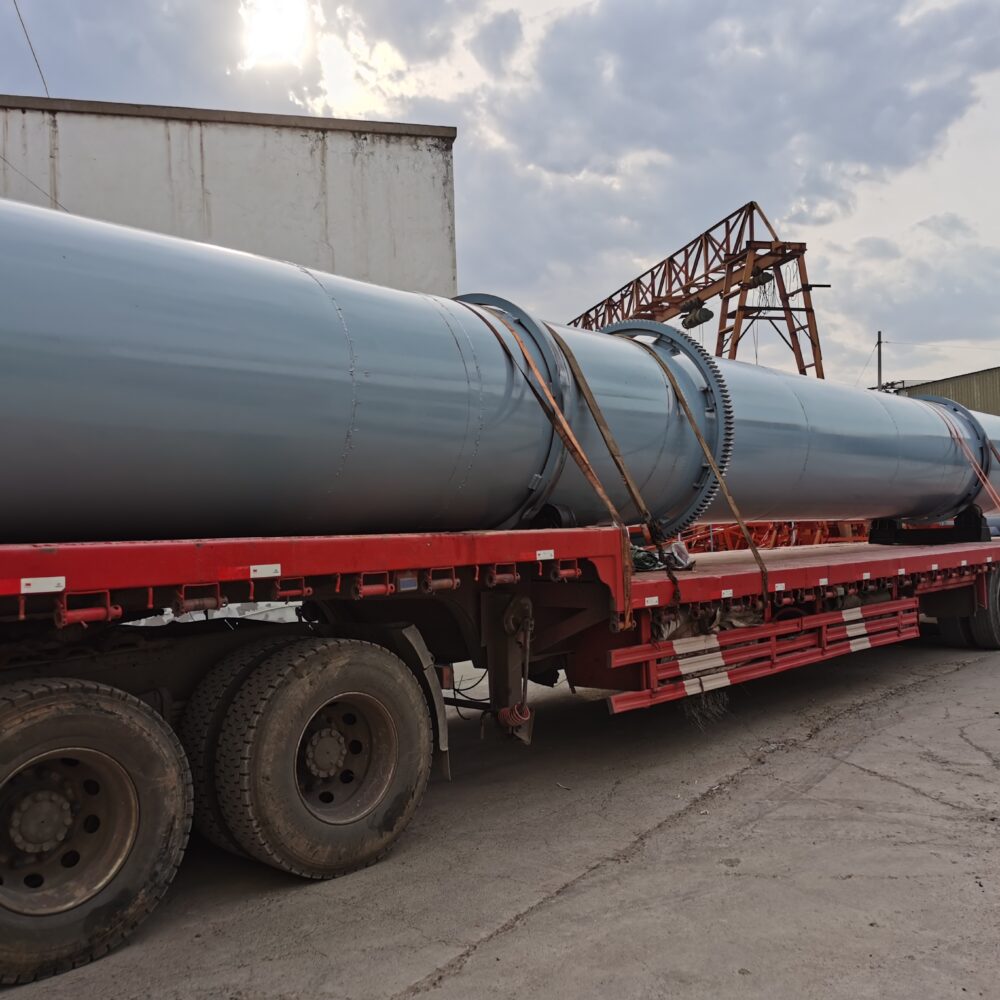
In an era where global food production must increase by 70% to feed a projected population of 9.7 billion by 2050, the role of fertilizer production machines has never been more critical. These sophisticated devices not only enhance agricultural productivity but also streamline logistics and transportation processes that are vital for timely delivery.
The Multifaceted Nature of Fertilizer Production Machines
Fertilizer production machines are designed with advanced engineering principles that facilitate efficient manufacturing and transportation. Their compact design allows for easy integration into various logistical frameworks, ensuring minimal disruption during transit. Moreover, these machines often incorporate IoT technology, enabling real-time monitoring and data collection throughout the supply chain. This capability enhances operational efficiency while reducing downtime associated with unforeseen transport issues.
The Role of Production Line for Bulk Blending Fertilizer in IoT Applications

The production line for bulk blending fertilizer exemplifies how IoT applications can revolutionize traditional manufacturing processes. By utilizing smart sensors and connected devices, this system provides comprehensive insights into inventory levels, equipment performance, and environmental conditions during transport. Such connectivity ensures optimal blending ratios are maintained while minimizing waste—a crucial factor when dealing with large volumes of raw materials destined for diverse agricultural markets.
Xincheng’s Innovations in Internet of Things (IoT) Applications
Xincheng stands at the forefront of integrating IoT applications within its fertilizer production machinery offerings. By leveraging cloud computing technologies and machine learning algorithms, Xincheng enables predictive maintenance capabilities that significantly reduce operational costs related to transportation delays or equipment failures. Furthermore, their systems allow users to access real-time analytics through mobile platforms—empowering stakeholders across the supply chain to make informed decisions swiftly.
Conclusion
In summary, fertilizer production machines play a pivotal role in enhancing both agricultural output and logistical efficiency through their innovative designs and integration with Internet of Things (IoT) applications. As we continue to face challenges related to food security on a global scale, it is imperative that we leverage such cutting-edge technologies to optimize every aspect—from production lines to transportation networks—ensuring sustainable practices meet future demands effectively.


